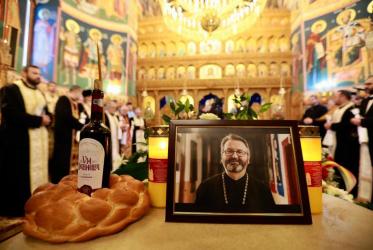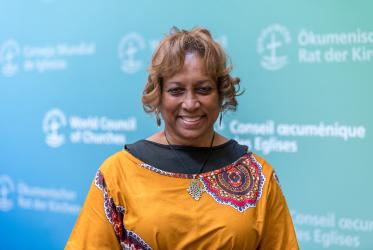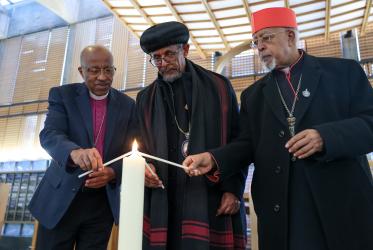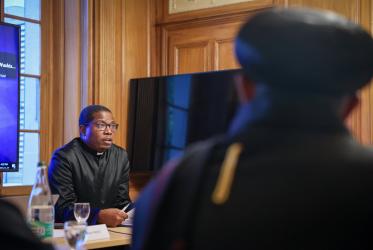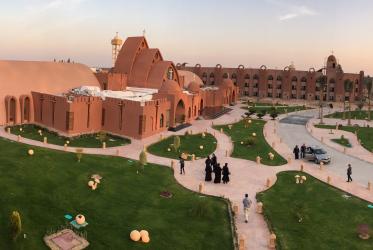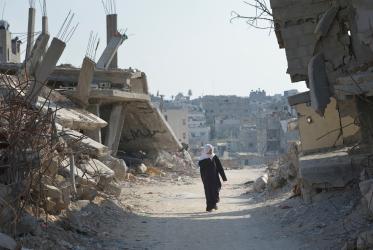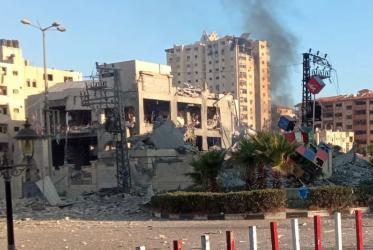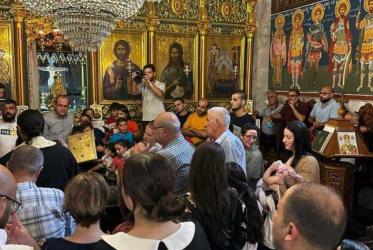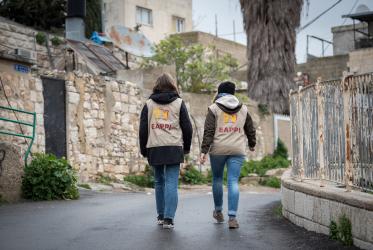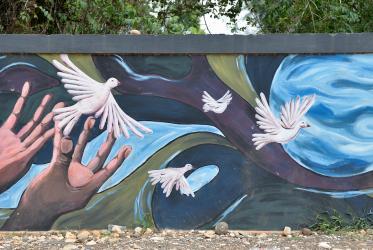Displaying 41 - 60 of 2262
Ethiopian church leaders meet at Ecumenical Institute at Bossey
28 November 2023
WCC Eco-School begins in Crete
15 November 2023
Ahead of Her Time
Pan-African Women of Faith and the Vision of Christian Unity, Mission, and Justice
01 November 2023
“The occupation can’t last forever”
25 October 2023
“They want to live without fear and constant harassment”
25 October 2023
Kids Feel Safe Going to School when EAs are Present
23 October 2023
Thirty days that changed the ecumenical movement
23 October 2023
